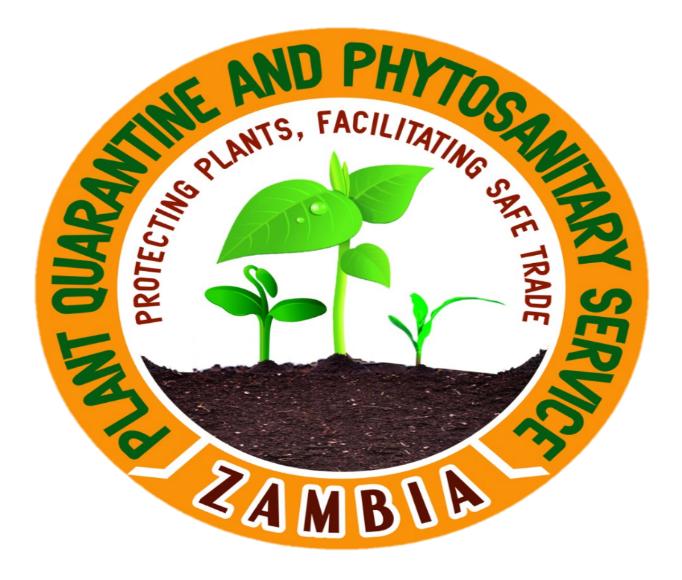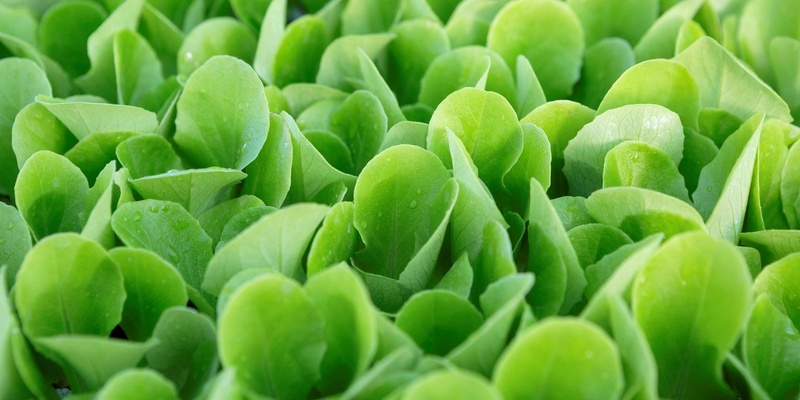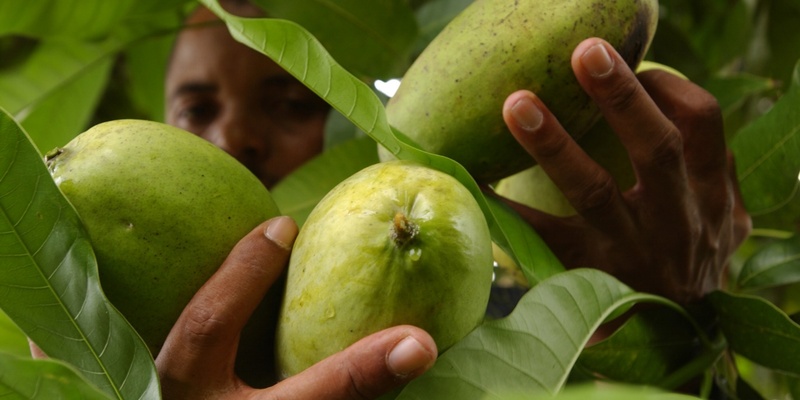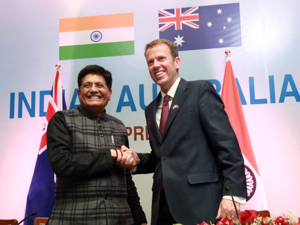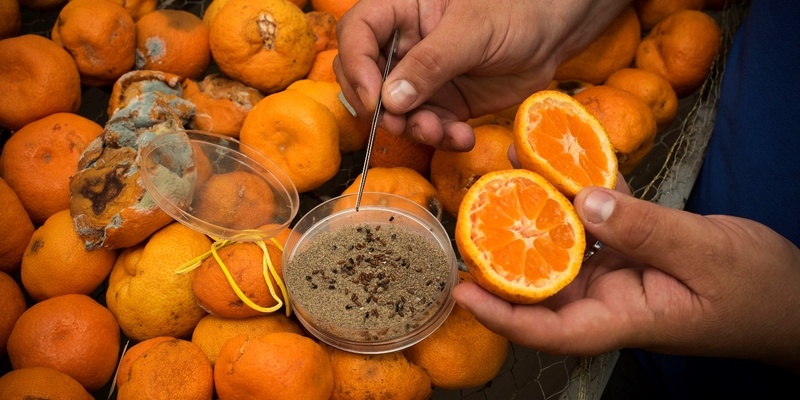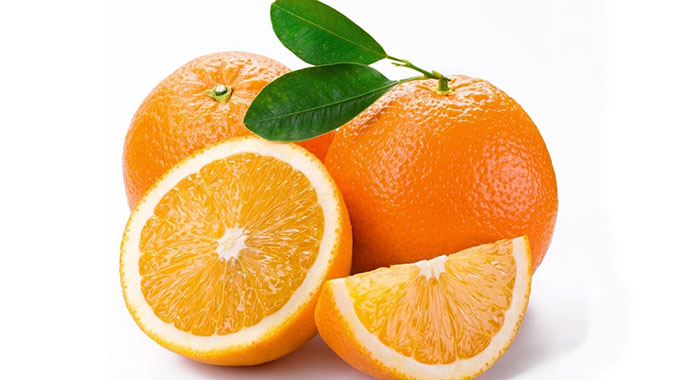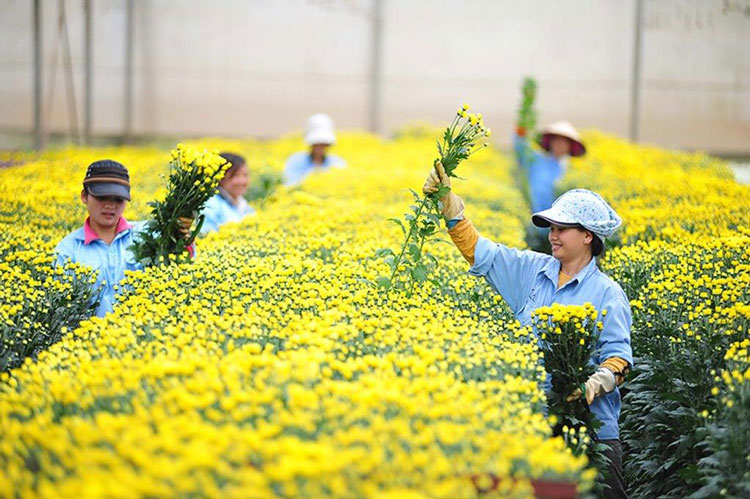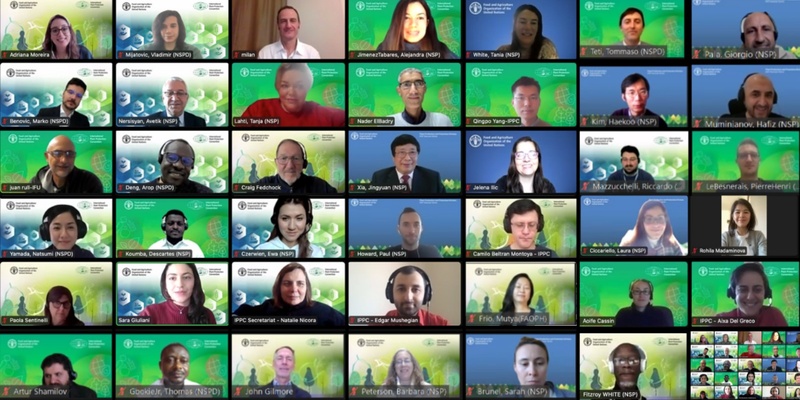Press Release: The First International Plant Health Conference
Posted on Mon, 21 Feb 2022, 14:51 The Secretariat of the International Plant Protection Convention (IPPC) and the Department for Environment, Food and Rural Affairs (Defra) of the United Kingdom are proud to announce that the first International Plant Health Conference (IPHC) will take place from 21 to 23 September 2022 at the Queen Elizabeth II Centre in London, United Kingdom. The Conference will convene countries from around the world to discuss global scientific, technical and regulatory issues related to plant health aiming to contribute to a number of the UN Sustainable Development Goals, amongst other objectives. As one of the main legacies of the International Year of Plant Health 2020, the Conference was originally planned to take place in 2020 and hosted by Finland, but had to be postponed due to the COVID-19 pandemic. “I am delighted that the UK is hosting the first International Plant Health Conference, and we look forward to welcoming delegates to London in September,” said Prof. Nicola Spence, CBE, UK Chief Plant Health Officer and head of the British National Plant Protection Organisation leading the host country delegation. “The UK and DEFRA welcome and encourage the participation of the global plant health community to come together and discuss future challenges, including climate change, transboundary pests and the development and use of international standards and guidance. Sharing knowledge and expertise through this conference will help us work together towards strengthening and improving plant health matters and add momentum to the delivery of the IPPC Strategic Framework 2020 – 2030”. Mr Avetik Nersisyan, Officer-in-Charge for the IPPC Secretariat, shared his anticipation for this global event organised by the IPPC community: “The first International Plant Health Conference is a strong, positive step in strengthening collaboration and raising awareness of phytosanitary matters. The IPPC community has been working to continue promoting these initiatives during the past two years of COVID-19 pandemic.” This three-day event will take place in a hybrid mode. All IPHC sessions and side events are going to be streamed online but participants are also encouraged to take part to the event in person. “The possibility to hold the Conference in a hybrid format sends a clear message to the international plant health community that we are moving beyond the COVID-19 pandemic and we are ready to continue advancing the IPPC work through its Strategic Framework 2020 – 2030 and its development agenda.” The IPPC Secretariat and Defra will be joining forces to deliver this global event through the establishment of an organising committee overseeing the IPHC implementation. The IPPC Secretariat and Defra are already working to schedule the first meeting of the IPHC Organising Committee to finalise the programme of the conference and its side events to deliver a memorable first edition. More information on the event will be provided soon. Learn more: International Year of Plant Health International Plant Protection Convention UK Plant Health Information Portal Department for Environment, Food and Rural Affairs of the United Kingdom Press Release: The First International Plant Health Conference – International Plant Protection Convention (ippc.int)
